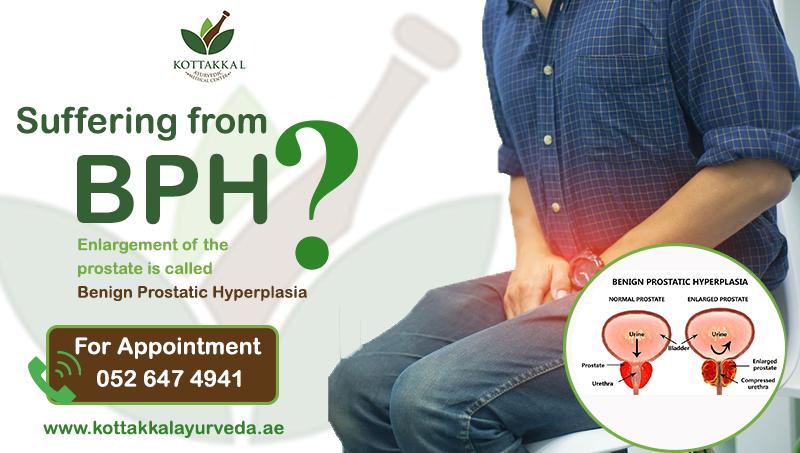Location
Head Office – Ajman
Branch – Dubai
Satwa - Dubai
Sharjah
Timing
Working Time
| Everyday Days – | 8:30 AM to 11 PM. |
Phone Number
Phone Number
- Ajman: 052 6474941, Dubai 055 3699446 Satwa +971 4 332 0333 Sharjah Ph: +971 6 5254045
 Ajman:052 6474941
Ajman:052 6474941  Dubai 055 3699446
Dubai 055 3699446 Satwa +971 55 610 3056
Satwa +971 55 610 3056 Sharjah +971 50 6545235
Sharjah +971 50 6545235
Latest Blogs
- How the Best Ayurvedic Treatments for the DISC Problem Can Help You Revive Your Life?
- How Ayurvedic Treatment for Frozen Shoulder Helps Reduce Pain and Stiffness?
- Bone and Joint Health During Winters
- Manage Arthritis Naturally This Winter with Ayurvedic Tips
- Winter Hair Care (Natural and Ayurvedic)
- How Ayurveda Heals Back Pain Without Surgery
- World Arthritis Day



